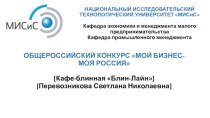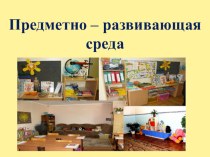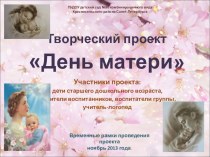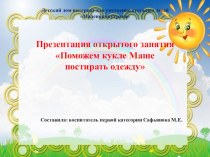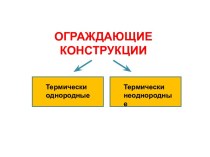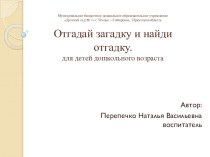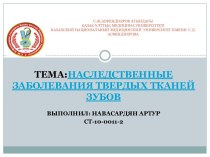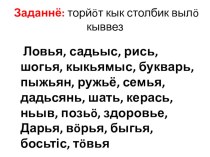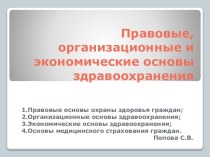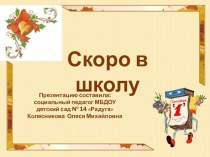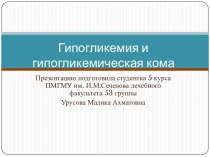- Главная
- Разное
- Бизнес и предпринимательство
- Образование
- Развлечения
- Государство
- Спорт
- Графика
- Культурология
- Еда и кулинария
- Лингвистика
- Религиоведение
- Черчение
- Физкультура
- ИЗО
- Психология
- Социология
- Английский язык
- Астрономия
- Алгебра
- Биология
- География
- Геометрия
- Детские презентации
- Информатика
- История
- Литература
- Маркетинг
- Математика
- Медицина
- Менеджмент
- Музыка
- МХК
- Немецкий язык
- ОБЖ
- Обществознание
- Окружающий мир
- Педагогика
- Русский язык
- Технология
- Физика
- Философия
- Химия
- Шаблоны, картинки для презентаций
- Экология
- Экономика
- Юриспруденция
Что такое findslide.org?
FindSlide.org - это сайт презентаций, докладов, шаблонов в формате PowerPoint.
Обратная связь
Email: Нажмите что бы посмотреть
Презентация на тему Chinese tea ceremony
Содержание
- 2. Tea in China is one of «seven
- 3. Dishes for Chinese tea ceremony and other
- 4. Cha Ban is a special Chinese tea
- 5. Cha Khe is a special vessel to
- 6. For the traditional tea ceremony usually used
- 7. Chakhai translated as «sea of tea». Sometimes
- 8. Chinese Tea set includes a narrow long porcelain
- 9. Cha Tsui is a genral name of
- 10. Leading of ceremony should know all of
- 11. Special circumstances in which tea is prepared
- 12. For a family gatheringWhen sons and daughters
- 13. To apologizeIn Chinese culture, people make serious
- 14. To express thanks to your elders on
- 15. Скачать презентацию
- 16. Похожие презентации
Tea in China is one of «seven things needful daily» as firewood, rice, oil, salt, soy sauce and vinegar. The chinese tea culture differ from European, British and Japanese as a ways of cooking and drinking,
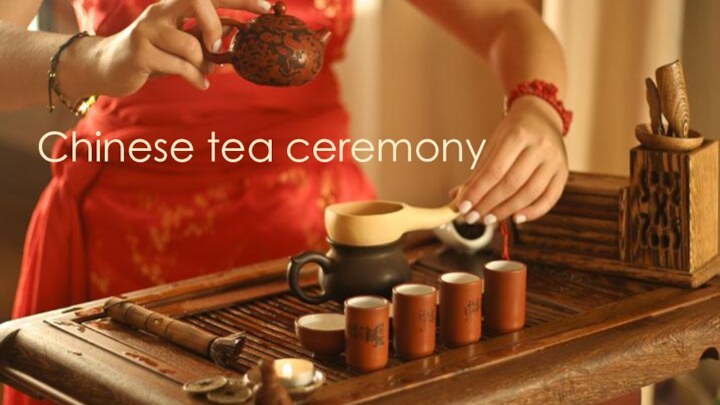
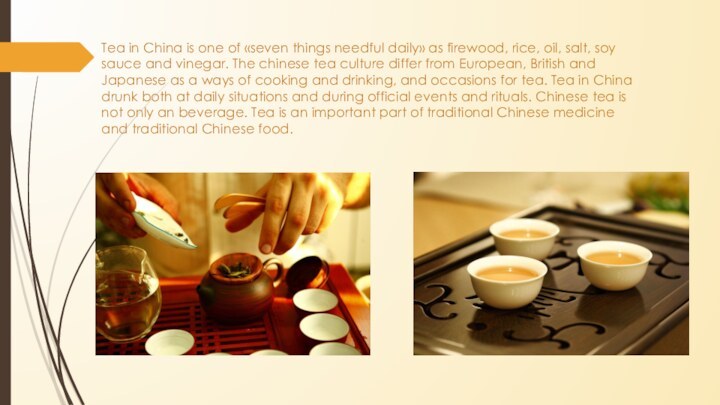
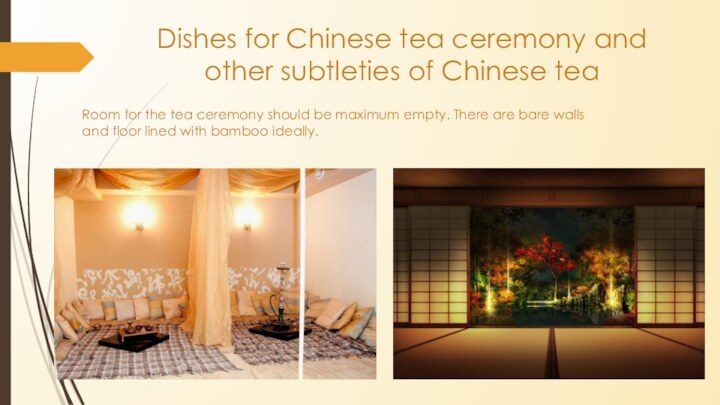
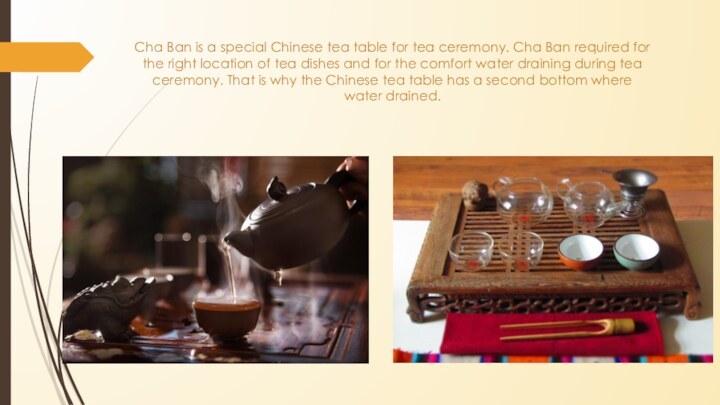
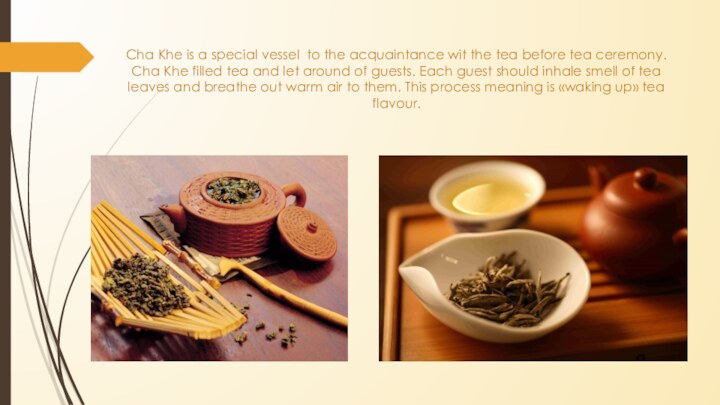
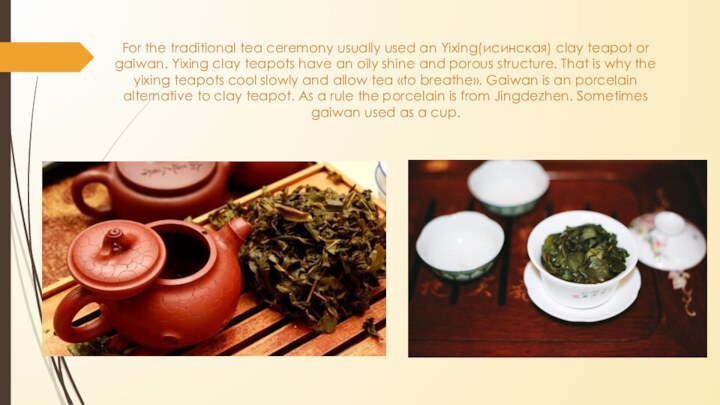
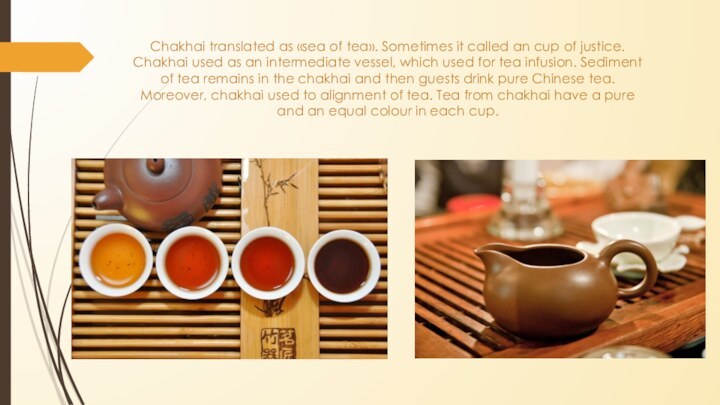
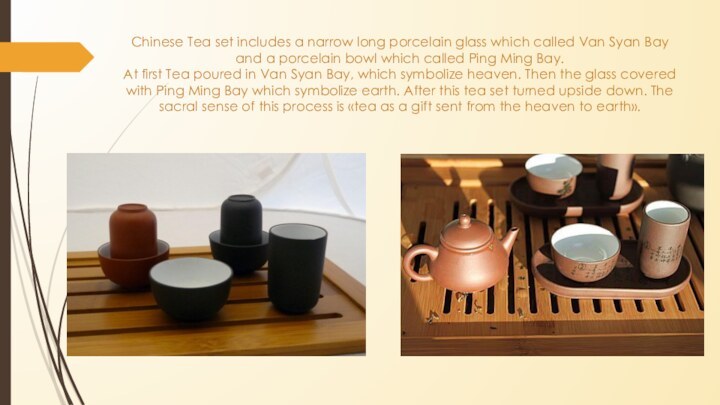
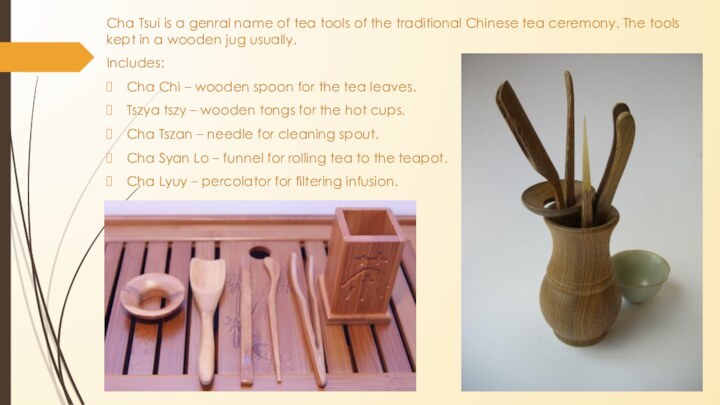
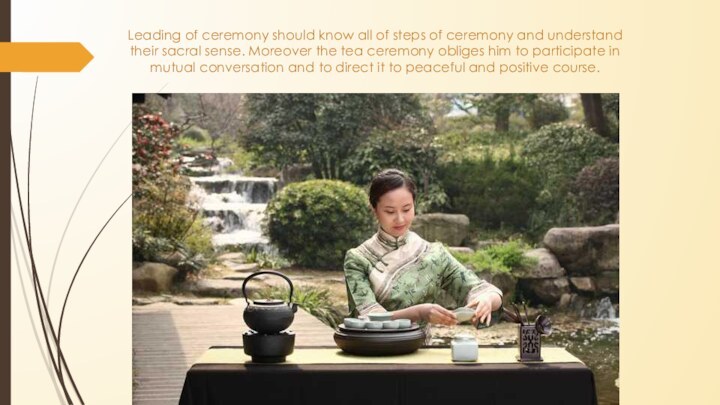
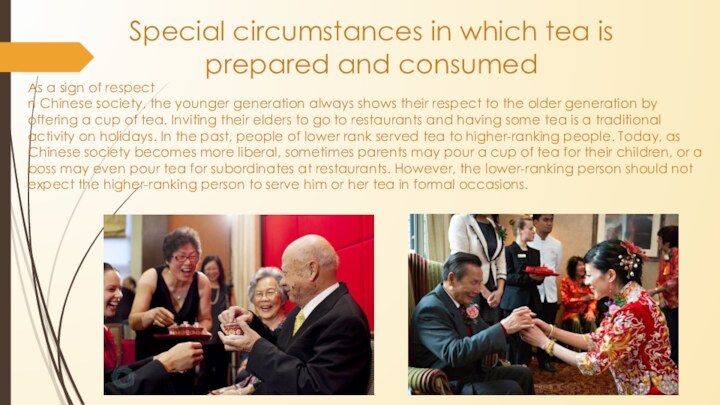
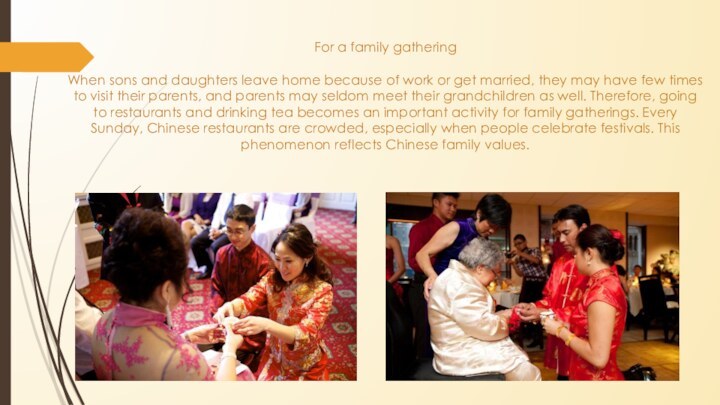
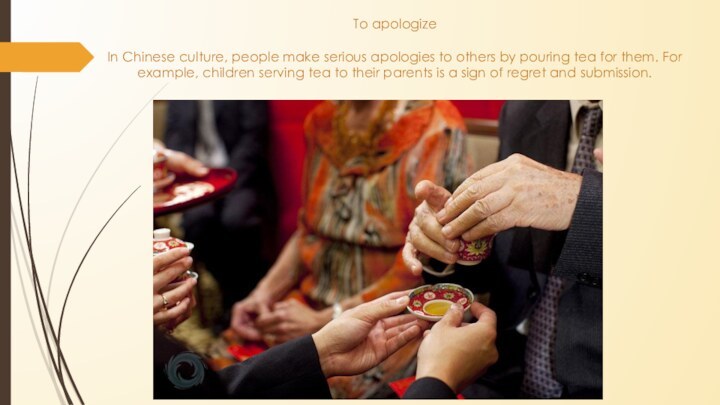
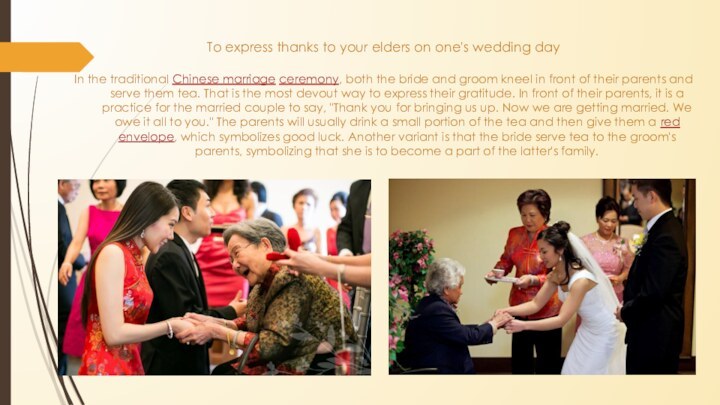
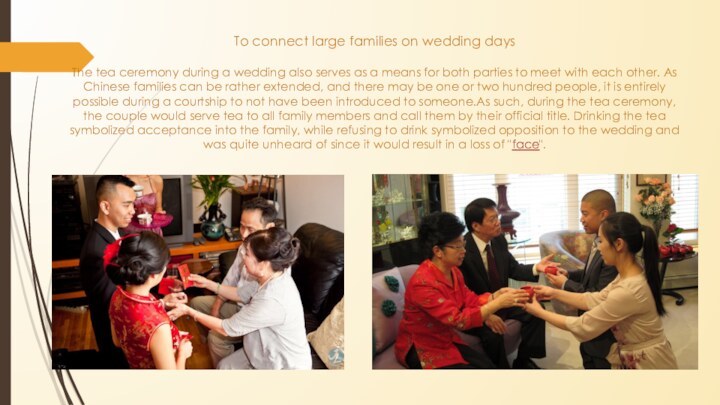
Слайд 3 Dishes for Chinese tea ceremony and other subtleties
of Chinese tea
Room for the tea ceremony should be
maximum empty. There are bare walls and floor lined with bamboo ideally. Слайд 4 Cha Ban is a special Chinese tea table
for tea ceremony. Cha Ban required for the right
location of tea dishes and for the comfort water draining during tea ceremony. That is why the Chinese tea table has a second bottom where water drained.Слайд 5 Cha Khe is a special vessel to the
acquaintance wit the tea before tea ceremony. Cha Khe
filled tea and let around of guests. Each guest should inhale smell of tea leaves and breathe out warm air to them. This process meaning is «waking up» tea flavour.Слайд 6 For the traditional tea ceremony usually used an
Yixing(исинская) clay teapot or gaiwan. Yixing clay teapots have
an oily shine and porous structure. That is why the yixing teapots cool slowly and allow tea «to breathe». Gaiwan is an porcelain alternative to clay teapot. As a rule the porcelain is from Jingdezhen. Sometimes gaiwan used as a cup.Слайд 7 Chakhai translated as «sea of tea». Sometimes it
called an cup of justice. Chakhai used as an
intermediate vessel, which used for tea infusion. Sediment of tea remains in the chakhai and then guests drink pure Chinese tea. Moreover, chakhai used to alignment of tea. Tea from chakhai have a pure and an equal colour in each cup.Слайд 8 Chinese Tea set includes a narrow long porcelain glass
which called Van Syan Bay and a porcelain bowl
which called Ping Ming Bay. At first Tea poured in Van Syan Bay, which symbolize heaven. Then the glass covered with Ping Ming Bay which symbolize earth. After this tea set turned upside down. The sacral sense of this process is «tea as a gift sent from the heaven to earth».Слайд 9 Cha Tsui is a genral name of tea
tools of the traditional Chinese tea ceremony. The tools
kept in a wooden jug usually.Includes:
Cha Chi – wooden spoon for the tea leaves.
Tszya tszy – wooden tongs for the hot cups.
Cha Tszan – needle for cleaning spout.
Cha Syan Lo – funnel for rolling tea to the teapot.
Cha Lyuy – percolator for filtering infusion.
Слайд 10 Leading of ceremony should know all of steps
of ceremony and understand their sacral sense. Moreover the
tea ceremony obliges him to participate in mutual conversation and to direct it to peaceful and positive course.Слайд 11 Special circumstances in which tea is prepared and
consumed
As a sign of respect
n Chinese society, the younger
generation always shows their respect to the older generation by offering a cup of tea. Inviting their elders to go to restaurants and having some tea is a traditional activity on holidays. In the past, people of lower rank served tea to higher-ranking people. Today, as Chinese society becomes more liberal, sometimes parents may pour a cup of tea for their children, or a boss may even pour tea for subordinates at restaurants. However, the lower-ranking person should not expect the higher-ranking person to serve him or her tea in formal occasions.
Слайд 12
For a family gathering
When sons and daughters leave
home because of work or get married, they may
have few times to visit their parents, and parents may seldom meet their grandchildren as well. Therefore, going to restaurants and drinking tea becomes an important activity for family gatherings. Every Sunday, Chinese restaurants are crowded, especially when people celebrate festivals. This phenomenon reflects Chinese family values.
